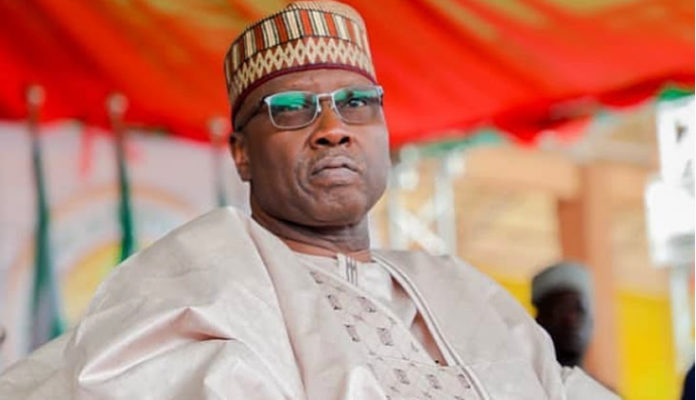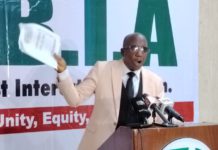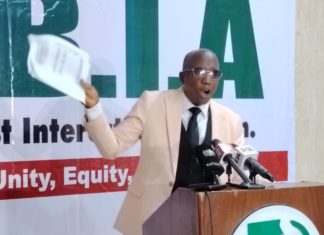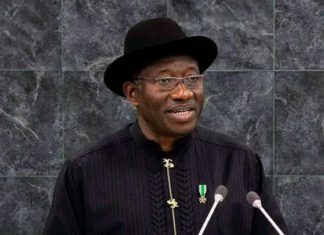Boss Mustapha highlights Buhari’s reform legacy, applauds Tinubu’s consolidation drive
By Austine Agbo Emmanuel, Kaduna
- http://www.newsportng.com.ng Former Secretary to the Government of the Federation (SGF), Boss Mustapha, has delivered an insightful lecture on the enduring impact of former President Muhammadu Buhari’s leadership, describing his administration as one that laid the structural foundation for national development across multiple sectors of governance.
He made these remarks during the public presentation of According to the President, a book authored by presidential aide Garba Shehu, held at the Shehu Musa Yar’Adua Centre, Abuja.
Speaking on the theme President Muhammadu Buhari’s Contribution to National Development, Mustapha recalled the evolution of Buhari’s leadership journey from military service through petroleum sector reforms to his emergence as a two-term democratic president.
According to him, Buhari’s legacy was not merely about headline achievements, but about setting institutions and systems on a new path toward governance resilience.
“President Buhari governed with duty rather than drama. He was driven by principles, not applause,” Mustapha remarked.
He outlined the former president’s major policy interventions including the Petroleum Industry Act, massive infrastructure rollout, aggressive military retooling, and the institutionalisation of social welfare schemes like the National Social Investment Programme (NSIP).
Mustapha also credited Buhari with advancing reforms in agriculture, power, education, and the digital economy, emphasising that these were not isolated achievements but part of a broader architecture of reform and inclusive development.
On the COVID-19 response, the former SGF, who chaired the Presidential Task Force, praised the administration’s handling of the pandemic, stating that it showcased Nigeria’s capacity for coordinated action and evidence-based governance even during global uncertainty.
He also drew attention to the deliberate planning that characterised the Buhari administration’s policy direction, pointing to long-term frameworks such as the Economic Recovery and Growth Plan (ERGP), the Nigeria Agenda 2050, and the Medium-Term National Development Plan (2021–2025). According to him, these policy tools offered a template for reform continuity beyond Buhari’s tenure.
Turning to the current administration, thr statesman commended President Bola Ahmed Tinubu, GCFR, for sustaining and expanding on key reforms inherited from his predecessor.
He stated that the Tinubu government had shown strategic foresight by reinforcing reforms in electricity deregulation, civil service performance management, and tax administration.
“President Tinubu’s administration has not only retained the momentum of governance reforms but has also introduced bold initiatives that deepen institutional credibility and fiscal sustainability,” he said.
He cited the evolution of the Central Delivery Coordination Unit into the Central Results Delivery and Coordination Unit, and the continued implementation of the Federal Civil Service Strategy and Implementation Plan (FCSSIP), as evidence of the APC government’s commitment to systemic governance rather than personality-driven politics.
Mustapha further noted that the Supreme Court’s 2024 ruling upholding financial autonomy for local governments marked a vindication of earlier efforts under Buhari’s Executive Order 10, which aimed to enable direct allocations to local councils.
He also referenced Tinubu’s policy stance on electricity federalism and harmonised tax reforms, describing them as “forward-looking consolidations” of Buhari’s governance blueprint.
“The baton of leadership has passed, but the relay of reform continues. President Tinubu has shown that reform is not a one-off initiative, but a national discipline that must evolve with consistency,” Mustapha added.
Urging Nigerians to view governance not as an episodic performance but as a collective and generational responsibility, he described the book According to the President as a valuable reflection on the character, choices, and institutional temperament of the Buhari years.














